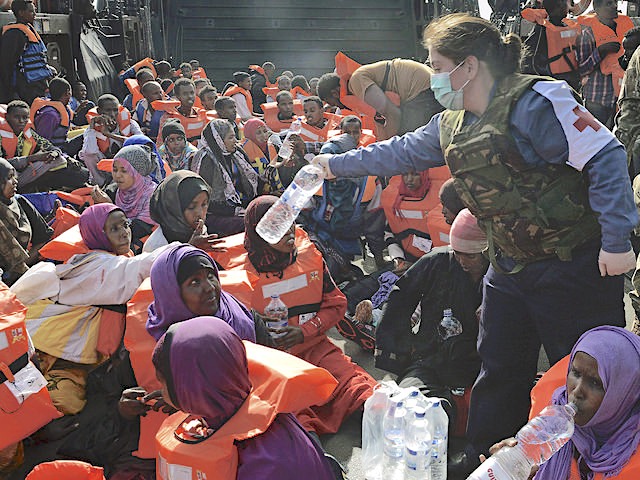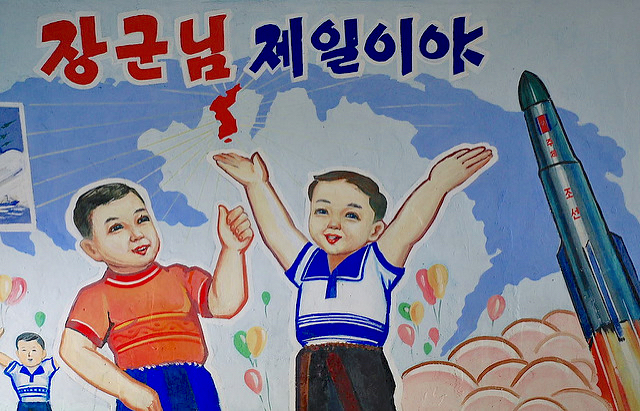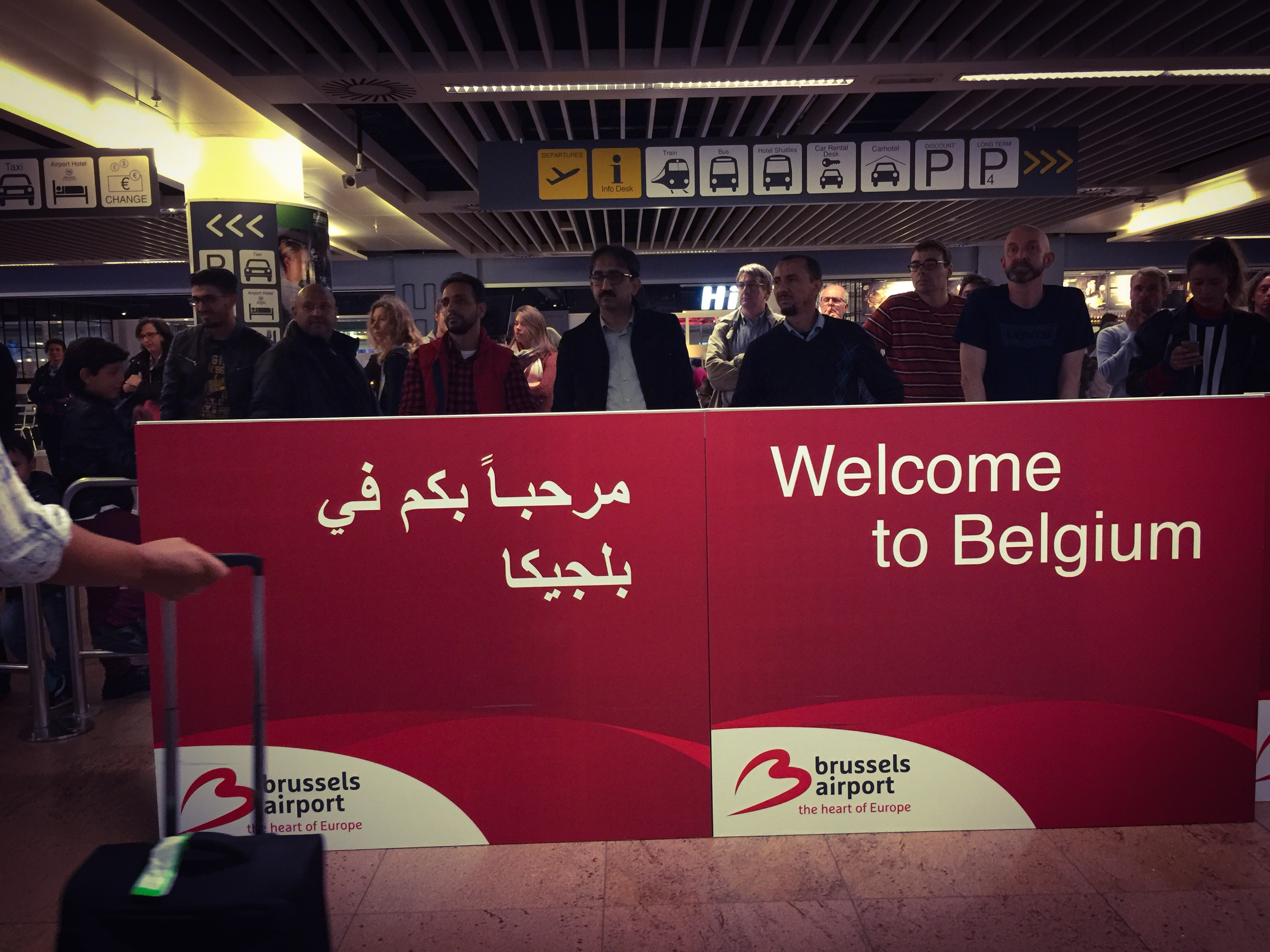My father had foreseen that Europe must ultimately fight its way to freedom through a great war; that the two irreconcilable forces (fairly represented by what France, England, Italy, and the United States stood for, on the one hand, and what Prussia and its satellites stood for on the other) made no other alternative possible. The same feelings which led my father and grandfather to fight for France in 1870 led me and my brothers to offer ourselves to fight for France and her Allies in 1914.
As the eldest of seven sons, and the namesake of my grandfather, my father felt that it was up to me to carry on the Garibaldi tradition, and when I was scarcely out of my teens he sent me out to train in the only school that the old General ever recognised—that of practical experience. ‘Some day you will be needed in Europe,’ he said.
‘Until then, see that you make yourself ready by taking part in every war that you can find. Learn how men follow, and then learn how men lead. If there is any choice between two causes, fight for the one you think your grandfather would have fought for; but don’t miss a fight because you can’t make up your mind on that score. The experience is the thing, and the only way you can get it is in real battles, not sham ones.’
Well, I did the best I could, considering the day and age we live in, to follow out my father’s idea. With what success (so far as a comprehensive experience was concerned) you may judge from the fact that, up to the outbreak of the present war, I had—counting skirmishes—fought on 132 battlefields. That I had not been wounded was not, I trust, entirely due to not having been exposed to fire.
The preparation of my brothers had been rather less drastic—less ‘Garibaldian’—than my own. In their cases, it was my father’s idea that it would be sufficient if they simply knew the world and how to get on with men; and to this end he encouraged them, as fast as they became old enough, to seek work abroad, preferably something of an outdoor character, such as that in connection with engineering projects. None of us was overburdened with book-learning or technical training, myself least of all. Indeed, I have often wished I had a bit more of both.
So it was that it happened that the outbreak of the war found all but the two youngest of us scattered to the ends of the earth. I was in New York (not long before I had gone through the first Mexican revolution as Chief of Staff to General Madero), and with me was my second brother, Ricciotti, who had joined me there for a trip to South America. Menotti was in China, on the engineering staff of the Canton-Kowloon Railway, and Sante, also an engineer, was working on the Assuan Dam in Upper Egypt. Bruno was in a sugar ‘central’ in Cuba, and Costante and Ezia, the two youngest of us, were at their studies in Italy. My sister, Italia, was organising Red Cross work in Rio de Janeiro.
As the war clouds began to gather, my father sent a letter to each of the five of us abroad, saying that when we received a cable from him we were to start at once for whatever place was mentioned in it. I forget what the cables received by Ricciotti and myself were about; but the rendezvous was Paris, and we were away by the next boat. We found Ezia and Costante already awaiting us in Paris, and Bruno and Sante arrived a few days later. Menotti could not arrange to get away from China until his own country entered the war, some months subsequently.
Word had already gone out that an Italian Legion was to be formed to fight for the Allies, but in what theatre had not yet been decided upon. All my own training had been for guerilla warfare, and, figuring that this could be turned to the best use in the Balkans, I was in hopes that my legion could be landed in Albania, to co-operate with the Servians and Montenegrans against Austria. This was not to be, however; indeed, Ezia, who was sent to drive a camion at Salonika after being wounded on this front a few months ago, has so far been the only Garibaldi to reach the Balkans. I am sorry, in a way, for I still think that that would have been my sphere of greatest usefulness.
Recruits flocked to us from all over the world, among them being many men who had fought with me in South and Central America. We were quite the typical band of soldiers of fortune, and except for the fact that we were all Italians, there wasn’t a great deal to differentiate us from the Foreign Legion into which we were incorporated. Side by side with the several scions of Italian nobility who had joined us marched men who had ridden as gauchos on the pampas of Argentina or hammered drills in the mines of Colorado and the Transvaal.
Nor was I by any means the only one who had peered hungrily outward through barred gratings and was familiar with the clank and tug of the ankle chain. But whatever we were, and whoever we were, we had come to fight, and we did fight. Yes, all in all, I think we lived up to the traditions of the Légion Étrangère quite as well on the score of fighting as we did on that of pedigree. It isn’t where you come from that counts on the battle line, but only where you go to; and if there was a man in the Italian Legion who wasn’t ready to fight until he dropped, I can only say that he did not come under my notice.
Considering the fact that we began with practically raw material (though, of course, many of the men had seen previous service), and that there were no cadres to build upon, I think our work with the Legion Italienne was about a record for quick training. It was October before we were well started, and by the end of December we were not only on the first line, but had already gone through some of the bloodiest fighting the war has seen. My grandfather used to say that proper military training was nine-tenths a matter of applied common sense and one-tenth a matter of drill. Well, I employed what common sense and experience I had, and made up the rest with drill.
Inside of two months we had 4,000 men at the front, where the French Higher Command was so well impressed with their quality that it was but a week or two before they were deemed worthy of the place of honour in an attack upon the Prussian Guard, which had been pressing steadily forward in the hope of cutting the communications between Chalons and Verdun. No regiment ever had a warmer baptism of fire. We drove back the Guard two and a half kilometres, but lost a thousand men in the effort.
I don’t recall anything that was actually said between us on the subject, but it seemed to be generally understood among us brothers that the shedding of some Garibaldi blood—or, better still, the sacrifice of a Garibaldi life—would be calculated to throw a great, perhaps a decisive, weight into the wavering balance in Italy, where a growing sympathy for the cause of the Allies only needed a touch to quicken it to action.
Indeed, I am under the impression that my father said something to that effect to the two younger boys before he sent them on to France. At any rate, all three of the youngsters behaved exactly as though their only object in life was to get in the way of German bullets. Well—Bruno got his in the last week in December, ten or twelve days ahead of Costante, who fell on January 5. Ezia—the youngest of the three fire-eaters—though, through no fault of his own, had to wait and take his bullet from the Austrians on our own front. (It occurred not far from here, by the way.)
The attack in which Bruno fell was one of the finest things I have ever seen. General Gouraud sent for me in person to explain why a certain system of trenches, which we were ordered to attack, must be taken and held, no matter what the price. We mustered for mass at midnight—it was Christmas, or the day after, I believe—and the memory of that icicle-framed altar in the ruined, roofless church, with the flickering candles throwing just light enough to silhouette the tall form of Gouraud, who stood in front of me, will never fade from my mind.
“We went over the parapet before daybreak, and it was in the first light of the cold winter dawn that I saw Bruno—plainly hit—straighten up from his running crouch and topple into the first of the German trenches, across which the leading wave of our attack was sweeping. He was up before I could reach him, however (I don’t think he ever looked to see where he was hit), and I saw him clamber up the other side, and, running without a hitch or stagger, lead his men in pursuit of the fleeing enemy. I never saw him again alive.
They found his body, with six bullet-wounds upon it lying where the gust from a machine-gun had caught him as he tried to climb out and lead his men on beyond the last of the trenches we had been ordered to take and hold. He had charged into the trench, thrown out the enemy, and made—for whatever it was worth—the first sacrifice of his own generation of Garibaldi.
We sent his body to my father and mother in Rome, where, as you will doubtless remember, his funeral was made the occasion of the most remarkable patriotic demonstration Italy has known in recent years. From that moment the participation of our country in the war became only a matter of time.
Costante’s death a few days later only gave added impulse to the wave of popular feeling which was soon to align Italy where she belonged, in the forefront of the fight for the freedom of Europe.
Adapted from Lewis R. Freeman’s Many Fronts (1918). Alpini photograph public domain. Published under a Creative commons license.
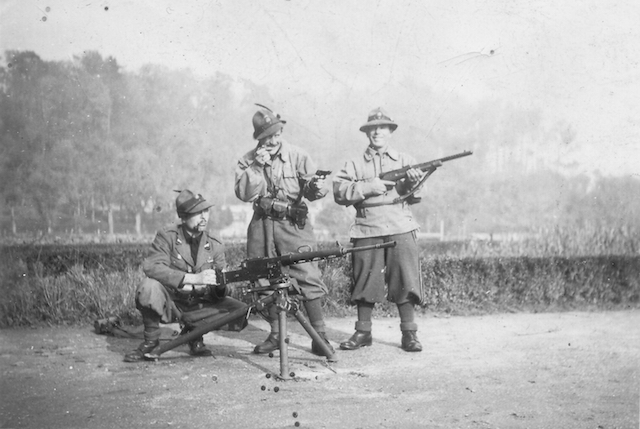
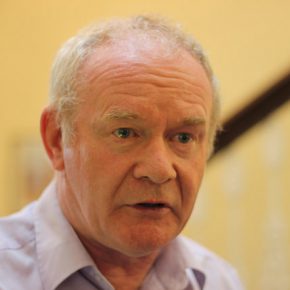
![Palestine, early twentieth century. [Library of Congress]](http://sc.joelschalit.com/wp-content/uploads/2017/04/horse-copy-290x290.jpg)
